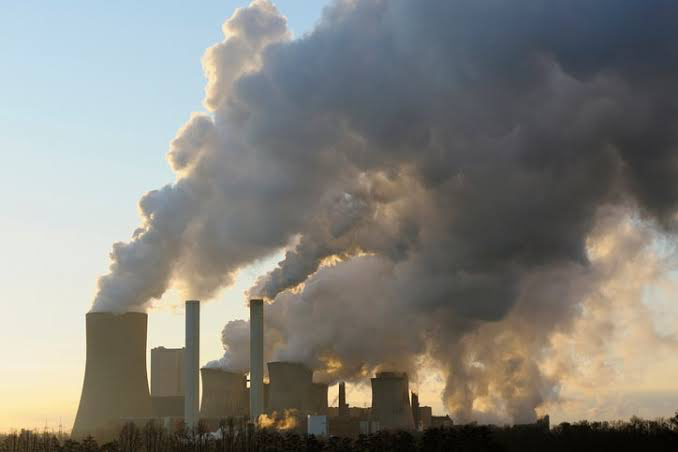The Group of Seven (G7) leading industrialized nations have agreed to a significant step towards reducing their reliance on coal. Following a two-day meeting in Turin, Italy, energy ministers pledged to end the use of coal for electricity generation in the first half of the 2030s. However, the agreement acknowledges the challenges faced by some member states, offering flexibility for Germany and Japan.
A Global Push to Combat Climate Change
This decision reflects a growing international consensus on the urgency of addressing climate change. Coal is the most polluting fossil fuel, and its continued use significantly hinders efforts to limit global warming. The G7’s commitment aligns with the goals established at the COP28 climate summit last year, which called for a significant reduction in fossil fuel dependence.
The G7 communique acknowledges the varying circumstances of member states. While the overall goal is to phase out coal by 2035, an alternative timeline based on achieving a 1.5-degree Celsius temperature rise target is also included. This concession provides more flexibility for Germany and Japan, both of which rely heavily on coal for electricity generation. Germany currently has a target shutdown date of 2038, while Japan has yet to establish a firm deadline.
Germany and Japan Face Challenges
The transition away from coal presents significant challenges for both Germany and Japan. These nations must grapple with the economic consequences of job losses in the coal industry while also ensuring a stable and reliable energy supply as they ramp up renewable energy sources. Germany’s recent experience with natural gas supply disruptions due to the war in Ukraine underscores the need for a diversified energy portfolio.
The G7 meeting also addressed the issue of reliance on Russian energy sources. The communique acknowledges the importance of reducing revenue streams that support Russia’s war in Ukraine. While no specific agreement was reached on banning Russian liquefied natural gas (LNG), the G7 nations pledged to work towards further reductions in their dependence on Russian gas.
Investing in a Sustainable Future
The G7 discussions also highlighted the need for significant investments in clean energy infrastructure. The communique outlines a goal of achieving 1.5 terawatts of global energy storage capacity by 2030, a substantial increase from current levels. Additionally, the G7 recognizes the need for annual investments of $600 billion in electricity grids to support the growth of renewable energy sources.
The G7 agreement on coal phase-out represents a significant step forward, but the complexity of the energy transition remains. Germany and Japan face significant hurdles in reducing their reliance on coal and ensuring a smooth transition will require careful planning and investment. However, this agreement demonstrates a growing international commitment to cleaner energy sources and a more sustainable future.
Source: Reuters



